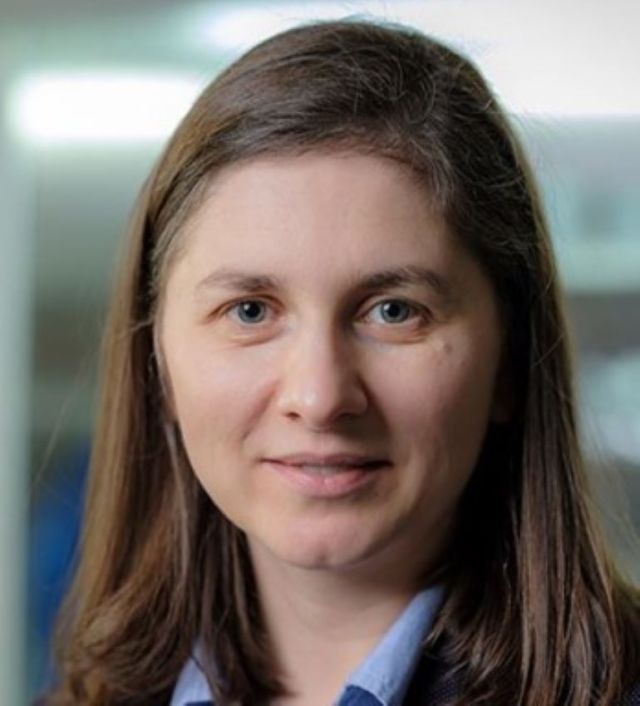
Oana Jurchescu (Wake Forest Uni.): "Exploiting Quantum Phenomena to Enhance the Functionality of Molecular Circuits"
Oana D. Jurchescu is a Baker Professor of Physics at Wake Forest University in Winston-Salem, North Carolina, USA and a fellow of the Royal Society of Chemistry. She received her PhD in 2006 from University of Groningen, the Netherlands, and was a postdoctoral researcher at the National Institute of Standards and Technology, USA. Her expertise is in charge transport in organic and organic/inorganic hybrid semiconductors, device physics and semiconductor processing. She is the recipient of several awards, including the CAREER award from the National Science Foundation, NSF (2013), the NSF special creativity award (2022), and the Pegram Award from the American Physical Society for excellence in teaching and mentoring (2022). She is an associate editor for Journal of Materials Chemistry C (RSC) and Science Advances (AAAS) and serves as a member of the Advisory Board of Chemical Physics Reviews, Organic Electronics, and J. Phys Materials.
Abstract: Miniaturization demands in electronics drive the exploration of molecular circuit components, which offer a pathway towards versatile, and cost-effective devices. In this presentation I will discuss strategies to enhance the performance of molecular rectifiers, which represent the fundamental building block in molecular electronics. Given their nanoscale dimensions, device properties are heavily influenced by quantum effects, yet many of these phenomena have been largely overlooked. We investigated the mechanism responsible for current rectification in molecular diodes and achieved significant improvement through manipulation of the Stark effect. These insights led to significant improvements in device properties by harnessing the Stark effect and the charge transfer state generated in co-assembled monolayers with donor and acceptor functionalities. Our results pave the way for manipulating device properties through controlled donor-acceptor interactions, opening doors for the development of low-cost, self-assembled devices seamlessly integrated with existing technologies. Through the study of temperature effects on charge transport we clarified the interplay between various tunneling mechanisms and entropic effects. We developed a comprehensive model that captures these complex phenomena and provides the foundation for the development of more sophisticated molecular devices.